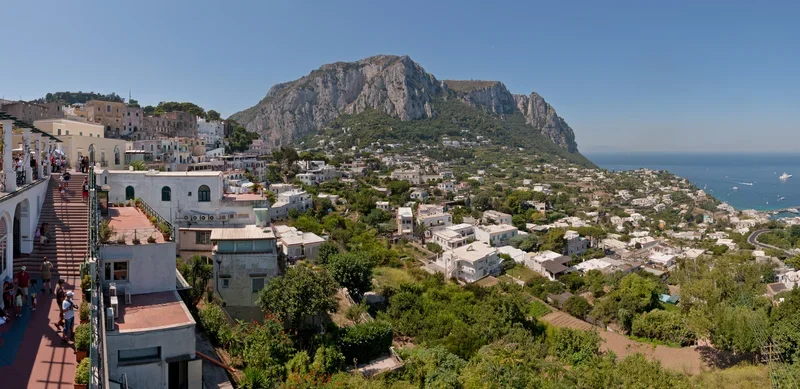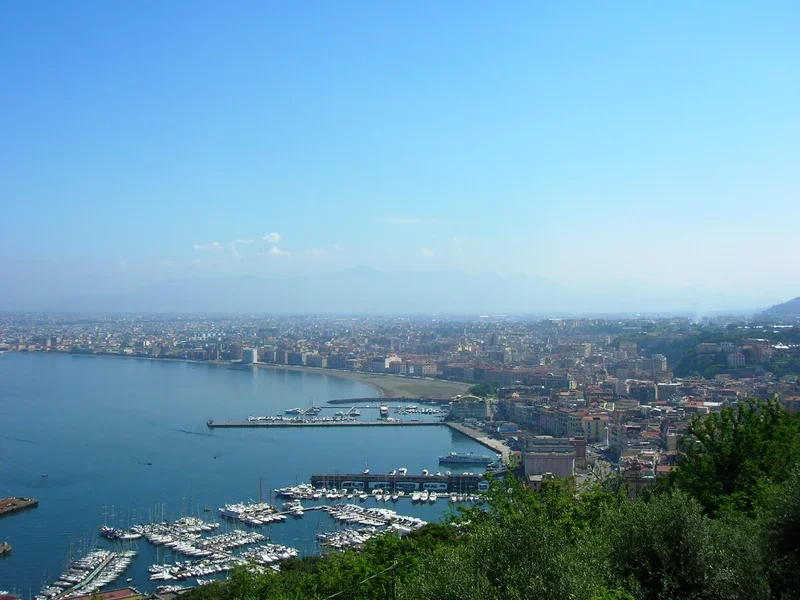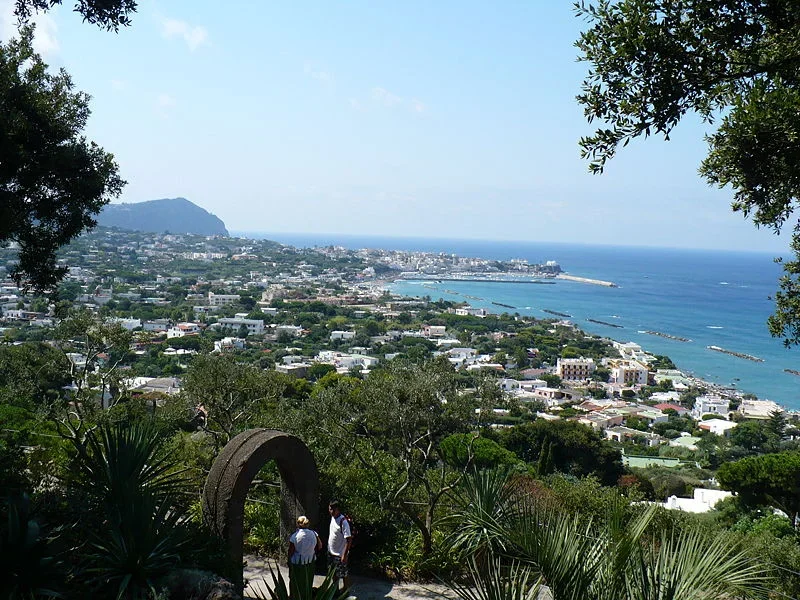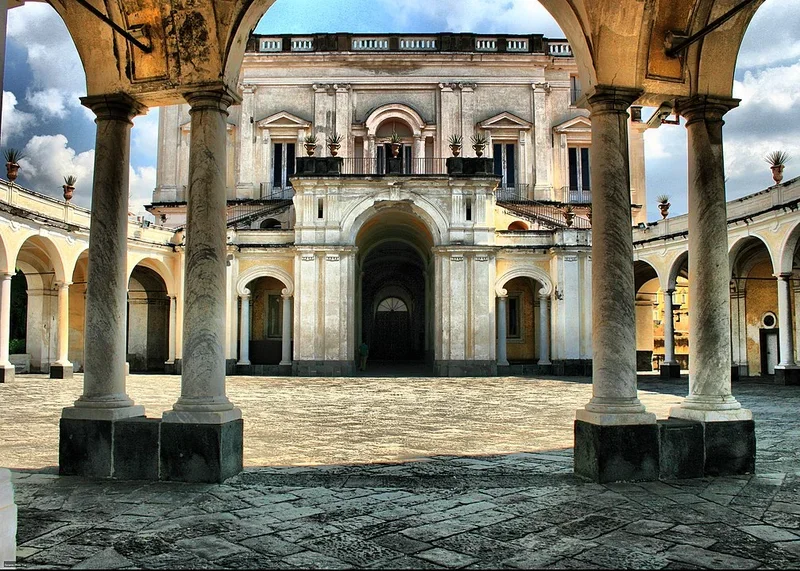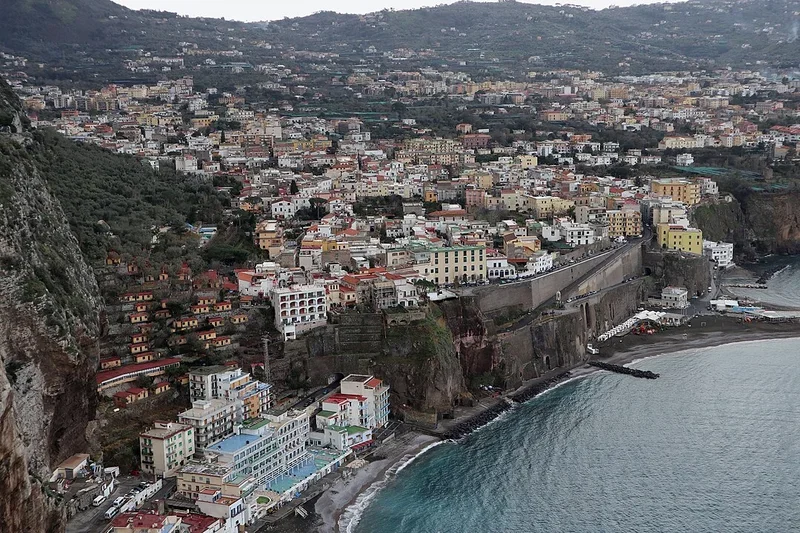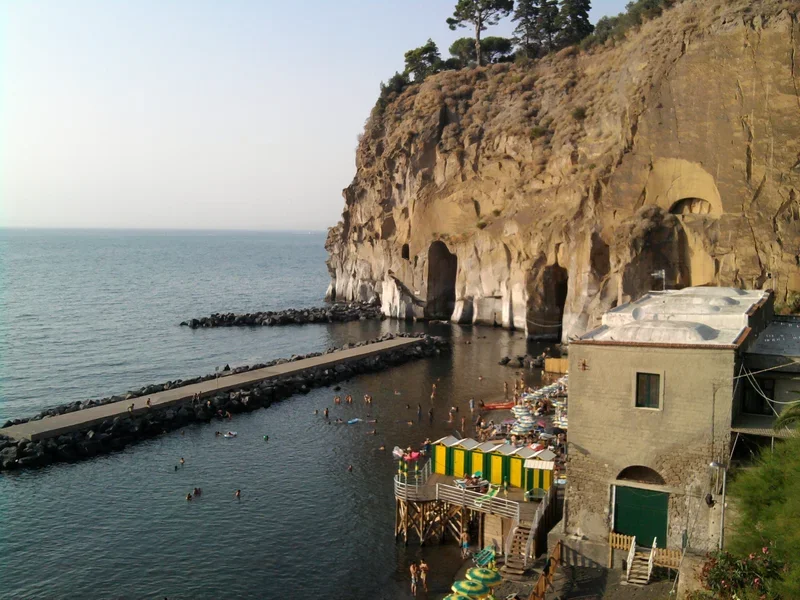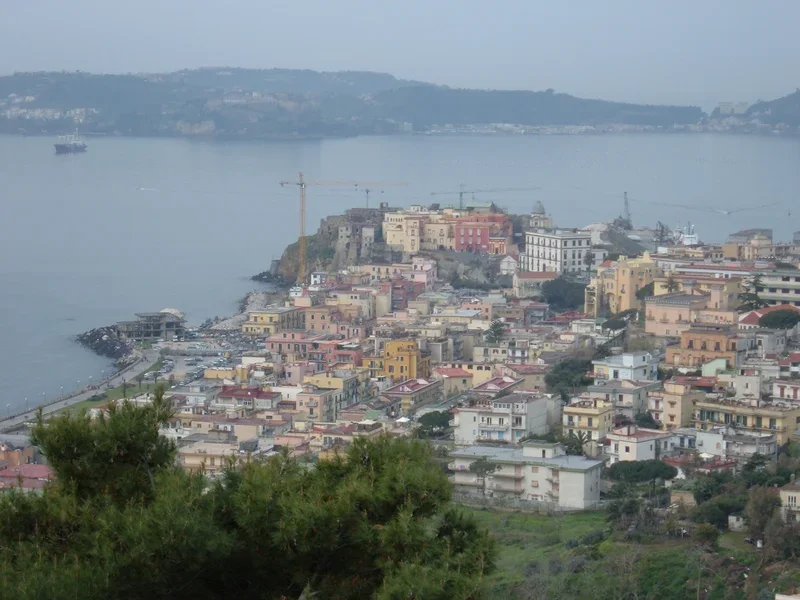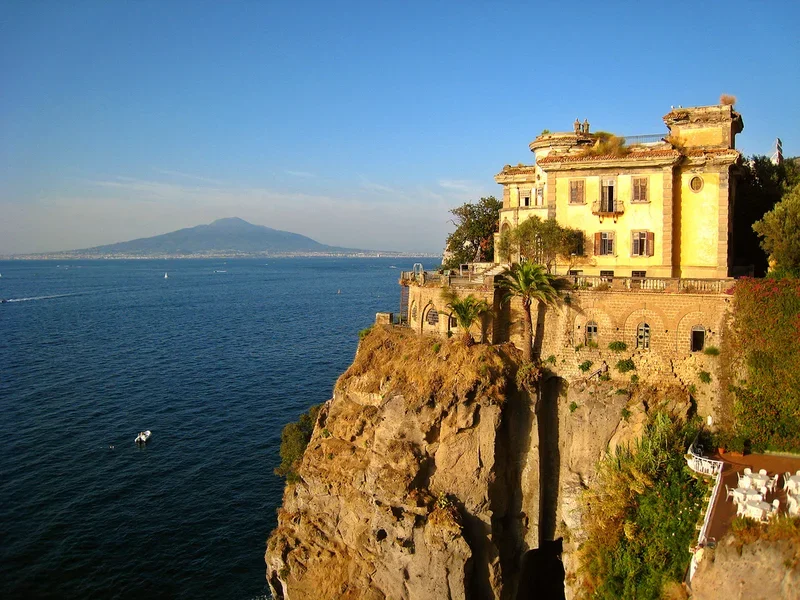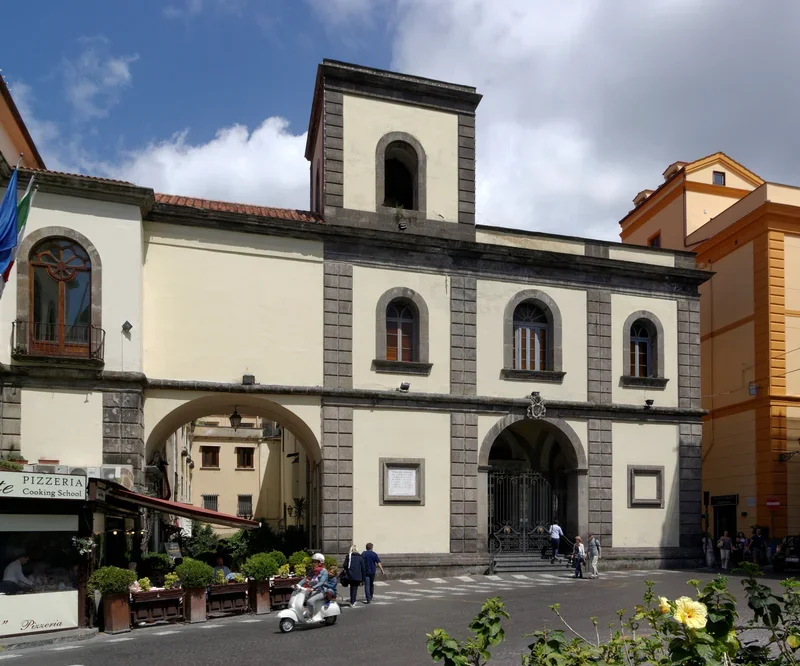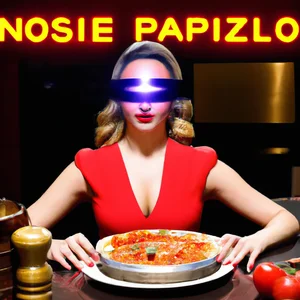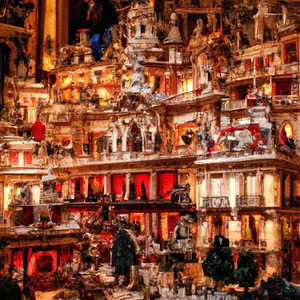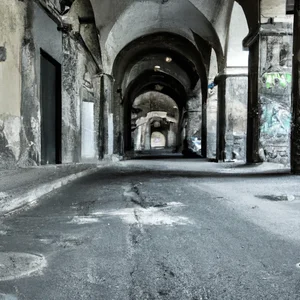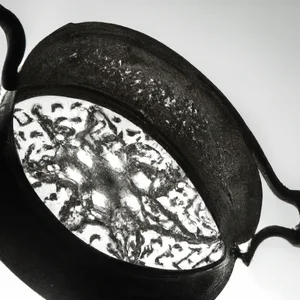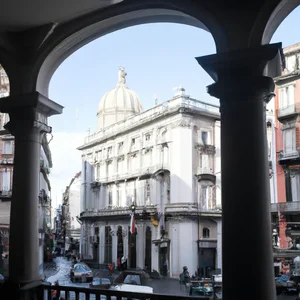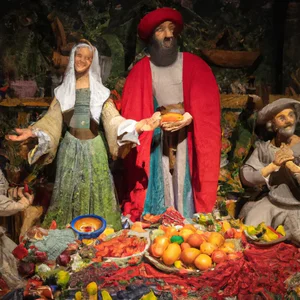Book your experience
Discover the story of Pulcinella: the traditional Neapolitan mask
Pulcinella is much more than a simple mask: he is a living symbol of Neapolitan culture, a character who embodies the soul and traditions of a city rich in history, art and passion. His figure, with the characteristic hooked nose and white face, has gone through centuries of evolution, always keeping its essence of joy and irony intact. This article aims to guide the reader to discover the history of Pulcinella, a journey that starts from his origins to the present day, exploring the multiple meanings that this character has taken on over time.
Let’s start with the origin of the Pulcinella mask, which has its roots in ancient traditions and is intertwined with the history of Naples. We will discover together the meaning of the name Pulcinella, a name that embodies a world of meanings and suggestions. His presence in the Commedia dell’Arte contributed to defining his character and role, transforming him into one of the undisputed protagonists of Italian theatre.
Over the centuries, Pulcinella has undergone an evolution that reflects the social and cultural changes of Neapolitan society. Its characteristic costume and physical peculiarities make it immediately recognisable, while its link with Neapolitan theater and popular culture testifies to its importance as an identity symbol. Finally, we will focus on how Pulcinella is represented in the visual and literary arts, until we consider its role in the contemporary panorama, where it continues to be an emblem of Naples and its lively tradition. Get ready to immerse yourself in a world of colours, sounds and stories that only Pulcinella can tell.
Origin of Pulcinella’s mask
Ancient origins
The Pulcinella mask has ancient roots that date back to the 16th century, when the Commedia dell'Arte, an improvised theatrical genre, spread in Italy. The character of Pulcinella originates in Neapolitan folk traditions, but has been influenced by several cultures, including Greek comedy, Roman comedy and Italian commedia dell'arte.
The connection with Naples
The character of Pulcinella is closely linked to the city of Naples, where he has assumed great importance in popular culture. The Pulcinella mask has become a symbol of the city and its identity, representing humour, popular wisdom and rebellion against social injustices.
The transformation over time
Over the centuries, the character of Pulcinella has undergone various transformations, becoming increasingly complex and multifaceted. Originally a clumsy and cunning farmer, Pulcinella has become a universal character, capable of representing the contradictions and ambiguities of the human being.
The Pulcinella mask is still very popular in Naples today and is used in various cultural events, such as Carnival, popular festivals and theatrical performances. The character of Pulcinella is loved by Neapolitans for his rebellious, playful and irreverent nature, which reflects the indomitable spirit and creativity of the Neapolitan people.
Meaning of the name Pulcinella
The name "Pulcinella" has uncertain and debated origins among scholars, but the most accredited theory is that it derives from the Latin "pullus gallinaceus", which means "hen" or "chick". This interpretation could be linked to the characteristic egg-shaped head of the Pulcinella character.
Furthermore, some claim that the name may derive from the term "pulcino" in Neapolitan dialect, which means "chicken", thus underlining the mischievous and somewhat clumsy character of the character.
In any case, the name "Pulcinella" has become synonymous with Naples and its culture, representing one of the most iconic and beloved characters of the Neapolitan tradition.
Pulcinella in the Commedia dell'Arte
Pulcinella is a character from the Commedia dell'Arte, a theatrical genre born in Italy in the 16th century and based on improvisation and the use of masks. Pulcinella is originally from the city of Naples and represents a poor and cunning farmer, characterized by a white mask with a hooked nose and a black and white striped costume.
In the Commedia dell'Arte, Pulcinella is often represented as a comic character, with vulgar language and clumsy and clumsy behavior. He is known for his way of speaking in Neapolitan dialect and for his light-hearted and irreverent attitude towards the authorities and society in general.
The character of Pulcinella has become very popular in Italy and abroad, thanks to his ability to represent the vices and hypocrisies of society in a satirical and caricatural way. Pulcinella is a versatile character, able to adapt to different situations and contexts, and has inspired numerous artists and writers over the centuries.
Evolution of the character over time
The character of Pulcinella has undergone several evolutions over the centuries, going from a popular figure of commedia dell'arte to a symbol of Neapolitan culture. Originally, Pulcinella was a character of humble origin, characterized by a particular white mask with a hooked nose and simple clothing.
As time passed, Pulcinella acquired more and more distinctive characteristics, becoming a character full of nuances and contradictions. His personality was enriched by comical and grotesque traits, but also by a profound humanity that made him close to the public.
This evolution of the character of Pulcinella was influenced by numerous factors, including the different interpretations of the actors who impersonated him over the centuries and the cultural and social transformations that affected Neapolitan society.
Today, Pulcinella is considered a symbol of the city of Naples, representing the very essence of its culture and identity. His joking but also melancholic character, his ability to adapt to any situation and his ironic wisdom make him a character loved and appreciated by all.
Pulcinella's characteristic costume
Pulcinella's costume is one of the most recognizable and iconic in the Neapolitan theatrical tradition. Characterized by a particular combination of colors and accessories, Pulcinella's costume has ancient roots that date back to the 16th century.
Pulcinella's costume is mainly composed of a white dress with trousers and a short jacket, enriched with black buttons and a black belt at the waist. The most characteristic part of Pulcinella's costume is certainly the mask, which covers the character's face with a pronounced nose and a protruding chin. Pulcinella's mask is traditionally white with black details around the eyes and mouth, creating an expressive and funny face.
Pulcinella's costume is often complemented by other accessories such as a black pointed hat, white gloves and black shoes. This combination of colors and accessories makes Pulcinella's costume unique and immediately recognisable, contributing to its popularity and longevity in the Neapolitan theatrical and cultural panorama.
Pulcinella's physical characteristics
The face
One of the most recognizable elements of Pulcinella is his face, characterized by a long and hooked nose, often red or black, and a prominent chin. He often wears a white mask to which a long black mustache is attached which accentuates his exaggerated facial expressions.
The body
Pulcinella is usually represented as a short and stocky man, with a robust and awkward build. He wears a distinctive costume consisting of loose white trousers, a white shirt, a short black jacket and a black pointed hat. His movements are awkward and clumsy, and he often moves with a funny and awkward walk that makes him even more comical.
The character
Pulcinella is known for his gruff, cunning and sarcastic character. He is a character who stands out for his sagacity and his ability to juggle the most disparate situations with great irony and humor. Despite his clumsy appearance and good-natured air, Pulcinella is often described as a cunning and cunning character, capable of getting by even in the most difficult situations.
In summary, Pulcinella is a character with exaggerated and caricatural physical features, which make him immediately recognizable to the public. His presence on stage is always guaranteed by laughter and fun, thanks to his unique and irreverent personality which has made him an icon of commedia dell'arte and Neapolitan theatre.
Pulcinella and the Neapolitan theatre
Pulcinella is an iconic character of Neapolitan theatre, present in numerous comedies and popular shows. His figure is closely linked to the culture and tradition of the city of Naples, where he has been loved and celebrated for generations.
The Neapolitan theatre, with its comedies of art, contributed significantly to the diffusion and popularity of Pulcinella. This character, with his white mask, striped costume and sly and mischievous character, embodies the cheerful and light-hearted spirit of the Neapolitan people.
Theatrical performances featuring Pulcinella are often accompanied by traditional music and dance, creating a festive and engaging atmosphere. The Neapolitan public loves to laugh and have fun with the adventures of this character, who with his cunning and humor always manages to get out of the most complicated situations.
The Neapolitan theater has therefore contributed to keeping the tradition of Pulcinella alive, making it an undisputed symbol of Neapolitan culture and identity. The theatrical performances in which he is the protagonist are still very popular in Naples today, attracting tourists and enthusiasts from all over the world.
The role of Pulcinella in popular culture
The character of Pulcinella has always played a fundamental role in Neapolitan and Italian popular culture in general.
With his funny, cunning and often slightly mischievous figure, Pulcinella has become a living symbol of the city of Naples and of its cheerful and light-hearted spirit. The character is loved by adults and children, and his mask has become iconic in the Italian cultural panorama.
Pulcinella is often associated with the Neapolitan popular theatrical tradition, where he appears in numerous comedies and shows. His presence on stage brings joy and lightness, but at the same time it can also represent popular wisdom and the cunning of those who know how to get by in any situation.
The character of Pulcinella was loved and celebrated even outside the Italian borders, becoming a symbol of Italianness in the world. His figure has been represented in numerous works of art, from painting to sculpture, to literature and cinema.
His black and white mask, his striped costume and his characteristic pointed hat make him easily recognizable in any context, and his presence always brings a smile to the face of those who meet him.
Pulcinella in the visual and literary arts
Pulcinella is a very well-known and loved character not only in the theatre, but also in the visual and literary arts. His distinctive figure and comical behavior make him a popular subject for artists and writers of all times.
One of the most famous paintings depicting Pulcinella is certainly "Pulcinella reading a letter" by Giovanni Domenico Tiepolo, created in the 18th century. In this work, the character is portrayed in a typically funny and dazed pose, with his black and white striped costume. This painting has become an icon of Neapolitan culture and Pulcinella's theatre.
Even in literature, Pulcinella had an important role. Numerous authors, including Goldoni and Gozzi, have included the character in their theatrical works, helping to spread his fame. Furthermore, Pulcinella is often cited in poems and stories that celebrate his comedy and his rebellious spirit.
The presence of Pulcinella in the visual and literary arts has contributed to making the character a symbol of Italian popular culture, and in particular of the city of Naples. His image is often used to represent Neapolitan identity and tradition, and has become a recognizable icon throughout the world.




